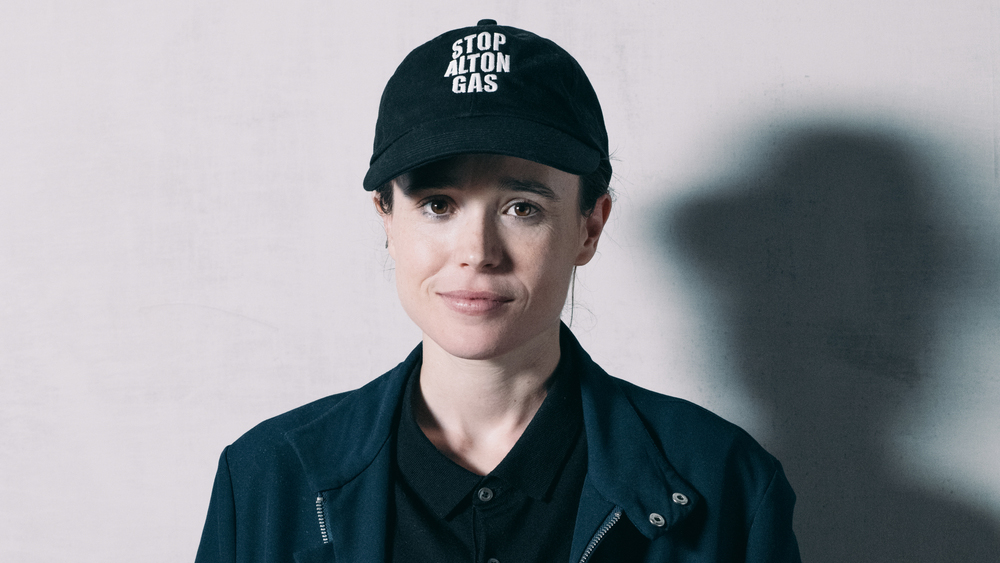Most people use the words “anxiety” and “worry” to mean just about the same thing. After all, they both deal with a sense of discomfort surrounding a particular topic. However, most people don’t realize that the two are actually very different psychological states, producing very different experiences. It’s definitely possible for one person to experience both within their lifetime, and even within a much shorter time period, but knowing the difference between the two can make it easier to calm yourself down. Here are 10 important differences you need to know about.
Difference #1: Worry is in our head, while anxiety extends to our bodies.
Worrying lives almost entirely in the brain, while those who suffer from anxiety will actually feel it through their entire bodies. The exact experience will vary from person to person, of course, but many people experience anxiety as a “charged” feeling, almost electrical. Others may experience racing heartbeat, perspiration, and shortness of breath.
Difference #2: Worry deals with a specific threat, while anxiety is usually broader and more generalized.
For example, you may worry about missing the last bus home, if you get out of work or school late. You may worry about your car stalling on the freeway when you can’t afford to fix it. You may be anxious about traveling in general, as your brain has created multiple scenarios where bad things have happened, and presented them as if they were logically probable outcome.
Difference #3: Worriers think verbal thoughts, while anxious people often think in mental imagery.
One of the reasons that anxiety extends through the body is that the brain creates pictures of the negative scenarios, rather than “having a conversation with itself”. These mental images are often rooted in emotions, which causes an increase in heart rate and provokes a sense of panic. Verbal thoughts, on the other hand, are treated as “possible outcomes”, rather than “probable outcomes”.
Difference #4: Worry often leads to problem solving, while anxiety often leads to panic.
Worry actually serves a valuable purpose in our lives: triggering the brain to go into creative thinking mode. When we are worried about a situation that we can change, we can strategize the solution that will do the least damage. When we’re worried about a situation we can’t change, we may find a way to be okay with it. Anxiety’s lack of specificity makes it harder to work through, though, which leads to frustration, panic, and a variety of other emotions.
Difference #5: Worry causes a mild emotional response, while anxiety causes severe emotional distress.
Since worry triggers problem-solving skills and specific problems, it’s not likely that it’ll get in the way of your daily life. Heightened stress over a long period of time has been linked to cardiovascular disease, but as long as you’re working through the problems that sparked the worry, you should be able to get past it without much disruption. Anxiety isn’t so simple – and in fact, it’s much more powerful. This means that it has the ability to cause serious damage in your personal and professional life if not managed effectively.
Difference #6: Worry is rational, while anxiety is irrational.
We worry about things that present a real and present danger, whether to our person, our family, or our job. For example, if you performed poorly at work during the last quarter, you’ll probably worry about the results of your next review. However, if you’re concerned about something that doesn’t seem logically connected – such as being concerned that your girlfriend is using you for your money, if she earns her own money… It’s probably anxiety.
Difference #7: Worry is within our control, while anxiety is out of our control.
Although there are many methods for managing anxiety, both with and without medication, it’s almost impossible for us to talk ourselves out of an anxiety episode. Since anxiety isn’t based in logic and reason, using logic and reason to fix it doesn’t really come naturally. It often takes an outside fixture – such as another person, or an anxiolytic of some kind. Worry, while not always a simple fix, will generally diminish once the immediate cause of the worry has been addressed.
Difference #8: Worry moves on, while anxiety moves around.
Once the underlying cause of our worry has been resolved, the worry usually goes away. Worrying is a temporary state. Anxiety, on the other hand, can stay for long periods of time, even crossing from one area of your life to another, or even occupying multiple areas at the same time. This can make it even more difficult to resolve without outside help.
Difference #9: Worry doesn’t affect other things, while anxiety touches everything we do.
Since worry involves smaller, more focused thoughts, worrying about something isn’t going to do anything to your day-to-day life. No one takes a sick day just because they’re worried, unless there are significant other factors involved. Anxiety, on the other hand, has the ability to cause so much distress that you may have days where it’s all you can do to get out of bed. You may be restless and distracted, and this can definitely impact your personal and professional life.
Difference #10: Worry is a mental state, while anxiety is a mental disorder.
In a figurative sense, the mind of an anxious person doesn’t connect the way it should. Maybe there are wires crossed somewhere, or maybe there’s an over-abundance of a certain chemical, or maybe someone messed with the programming and broke the system. Psychologists don’t really agree on what causes anxiety, but they do know that it can negatively impact your life if left untreated.
Thankfully, some sufferers may be able to manage their anxiety on their own without medication or therapy, but if you find that you’re experiencing anxiety for excessive periods of time, with excessive frequency, or with an intensity that prevents you from living your life, please be sure to get in touch with a mental health specialist in your area – you deserve to break free from your anxiety!









